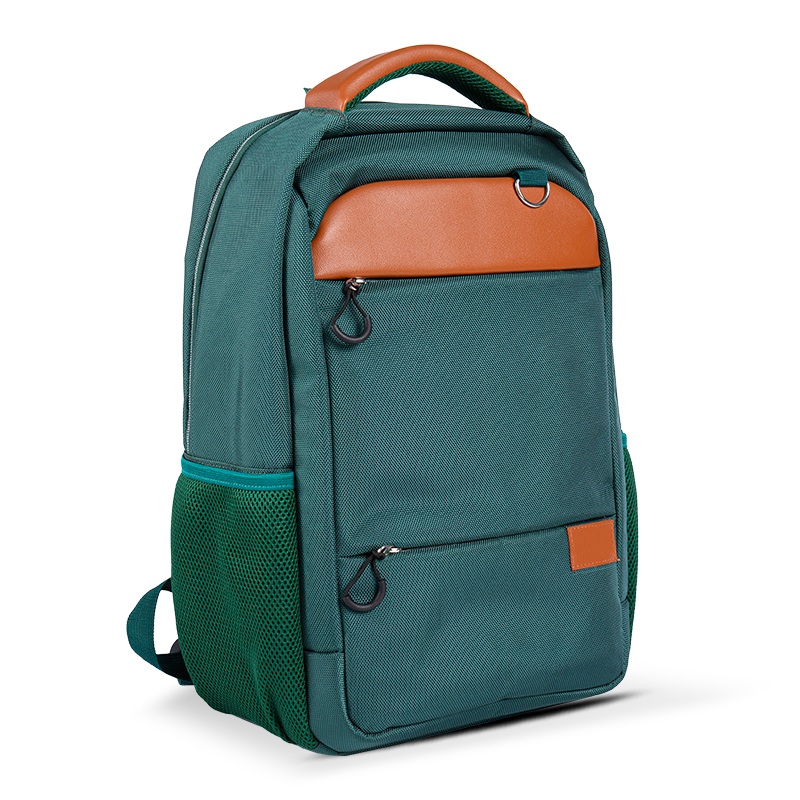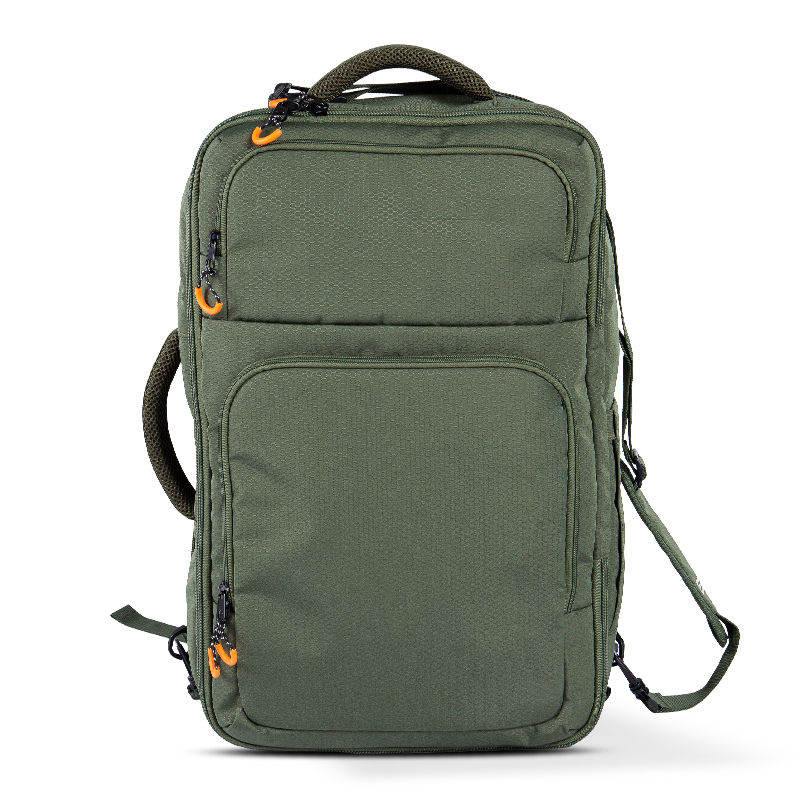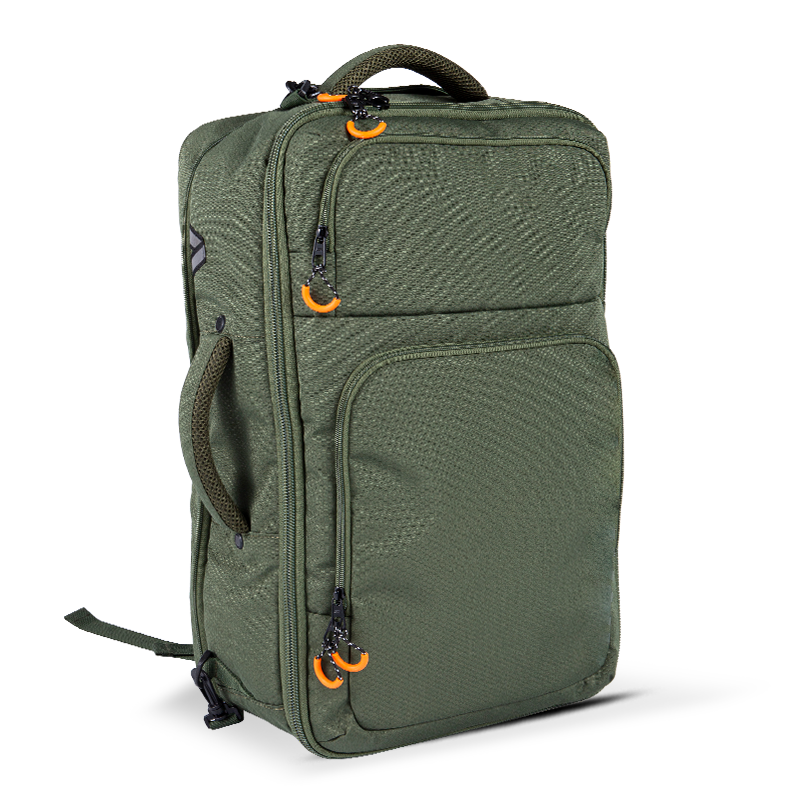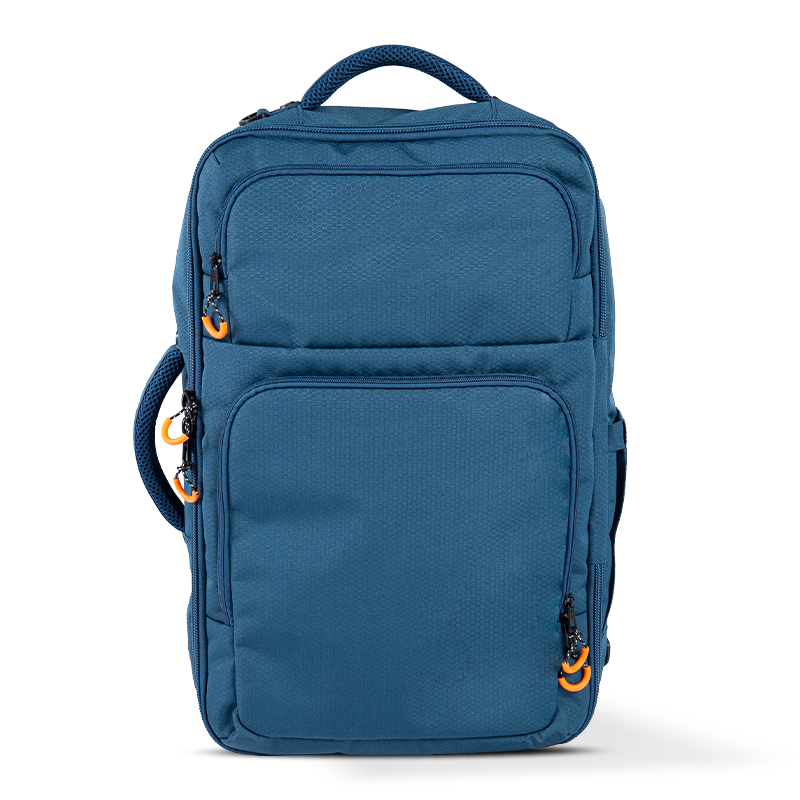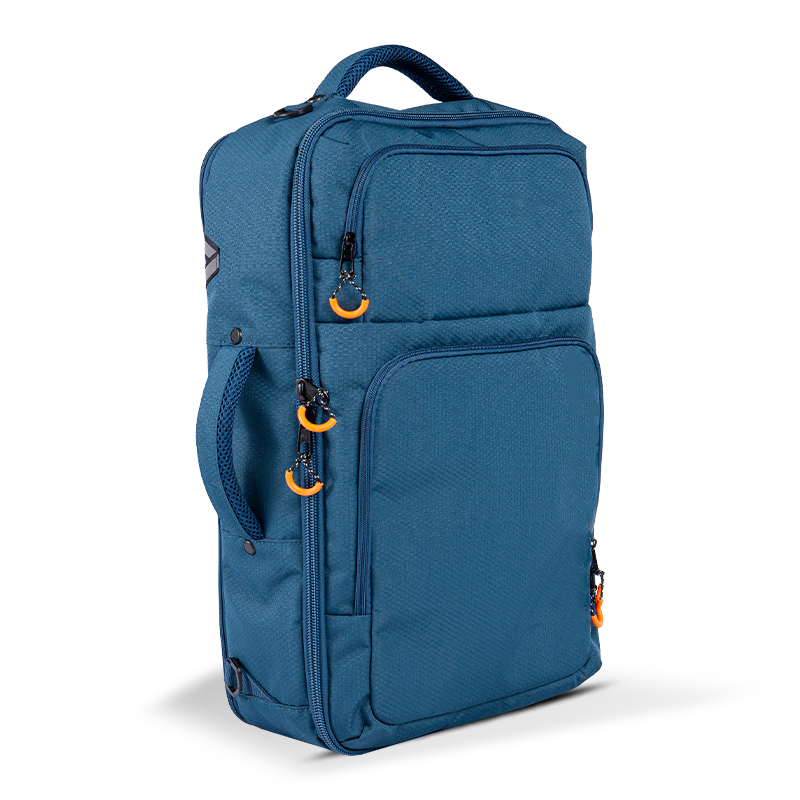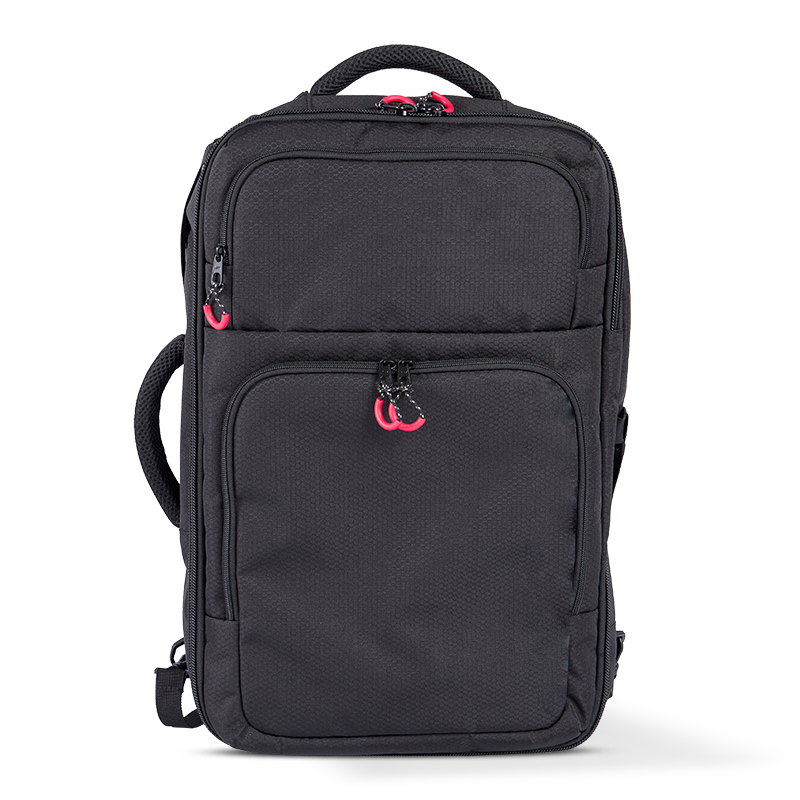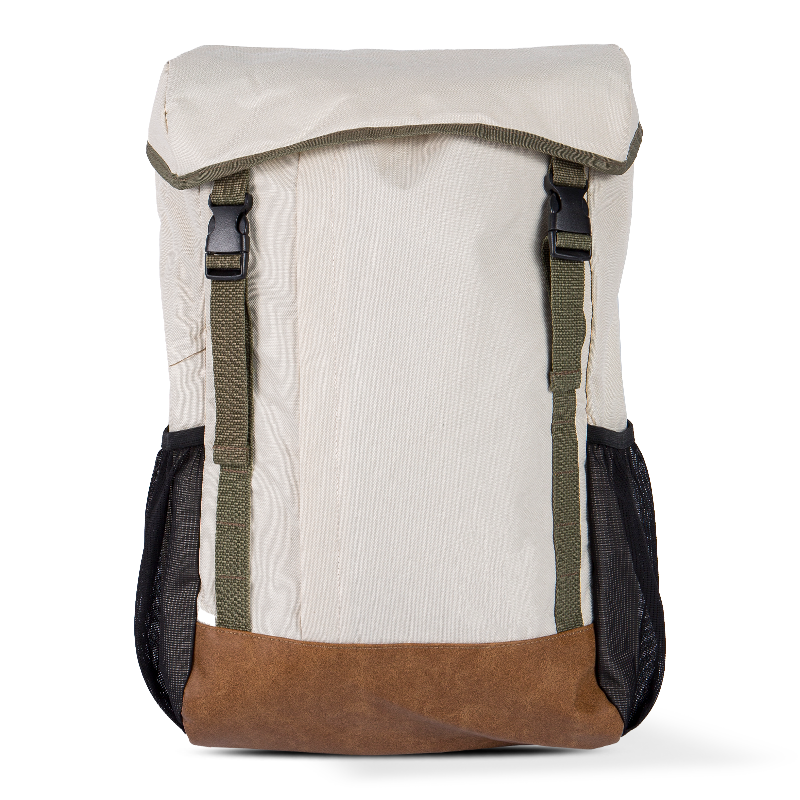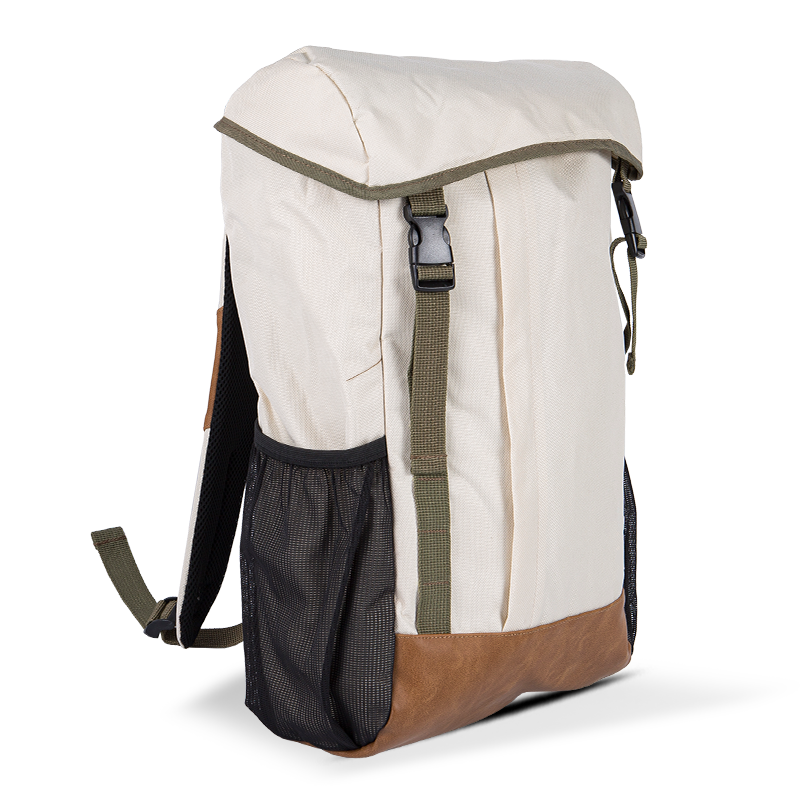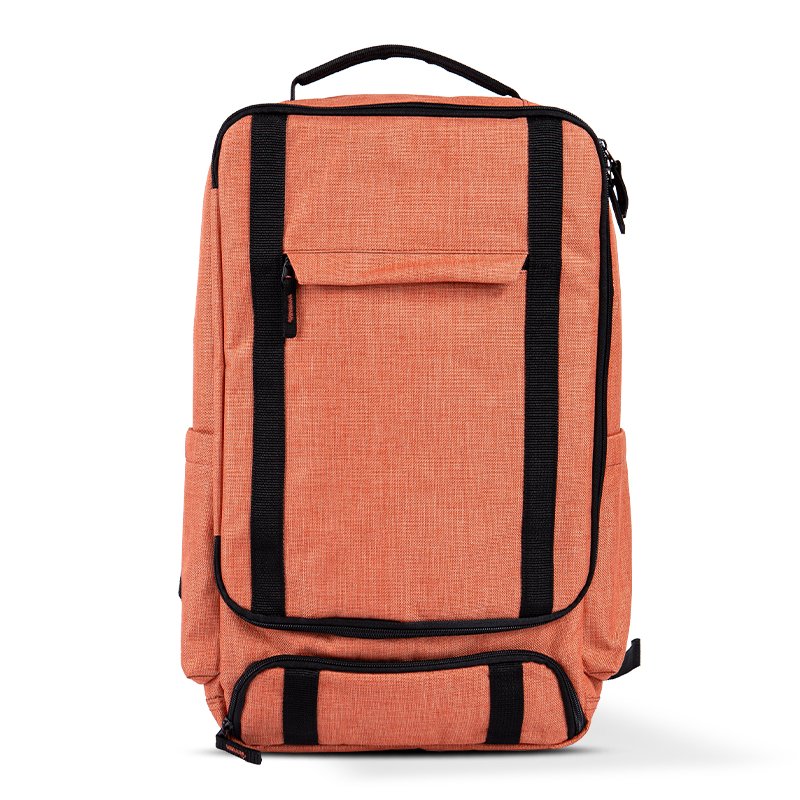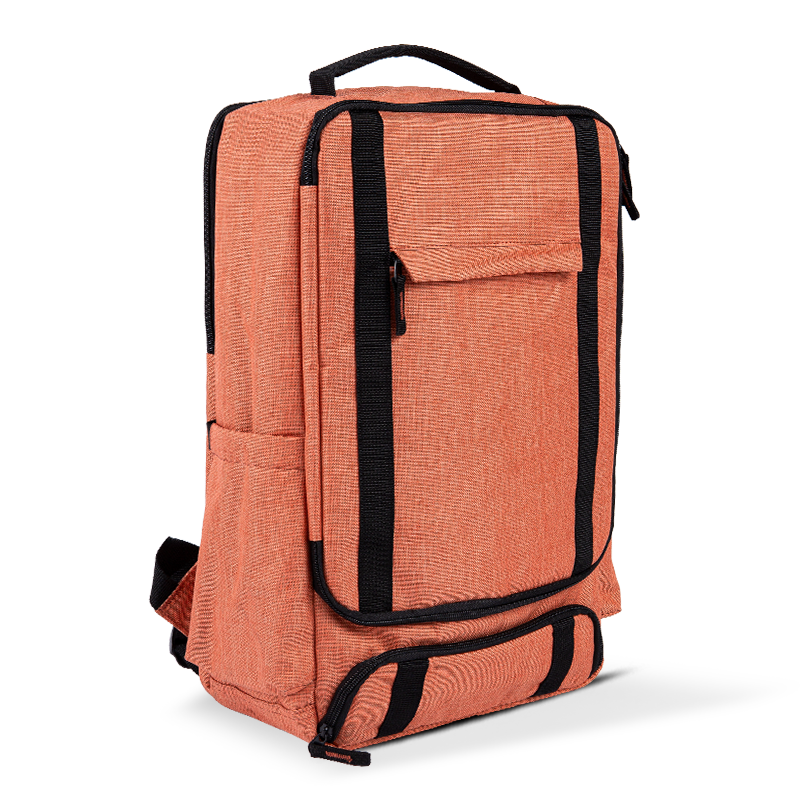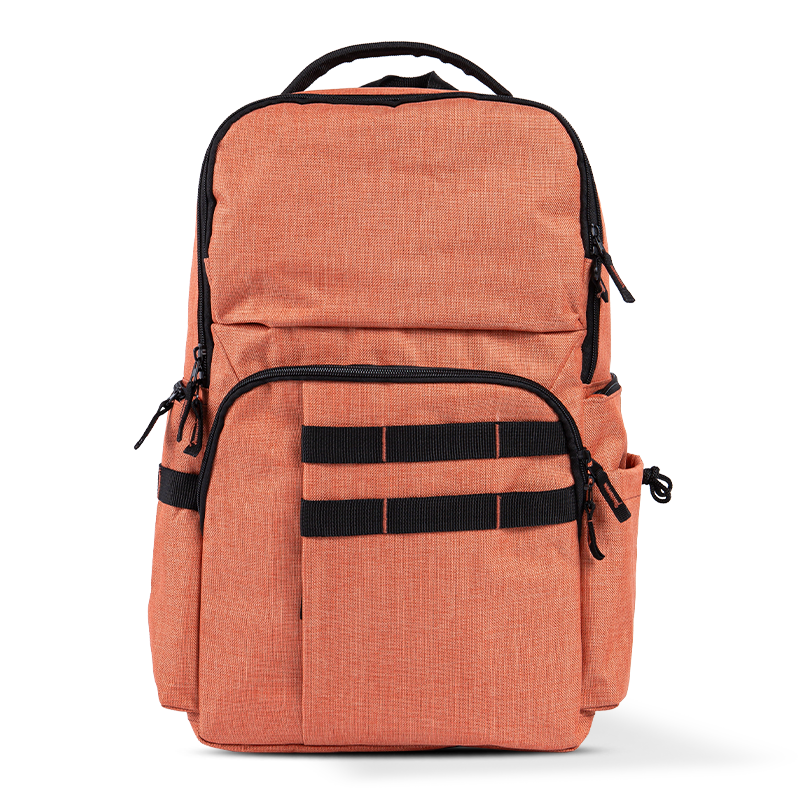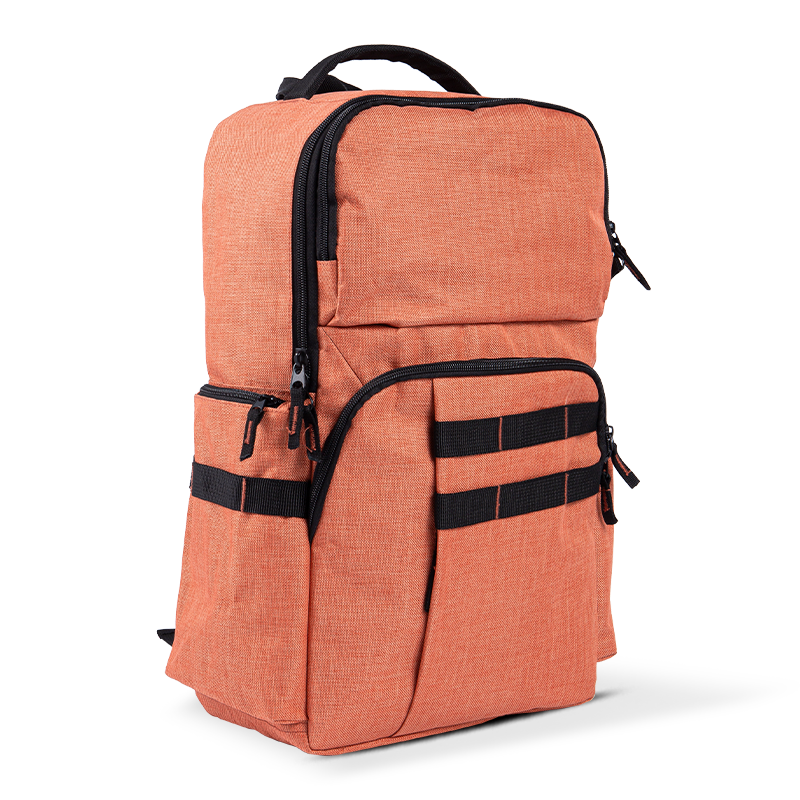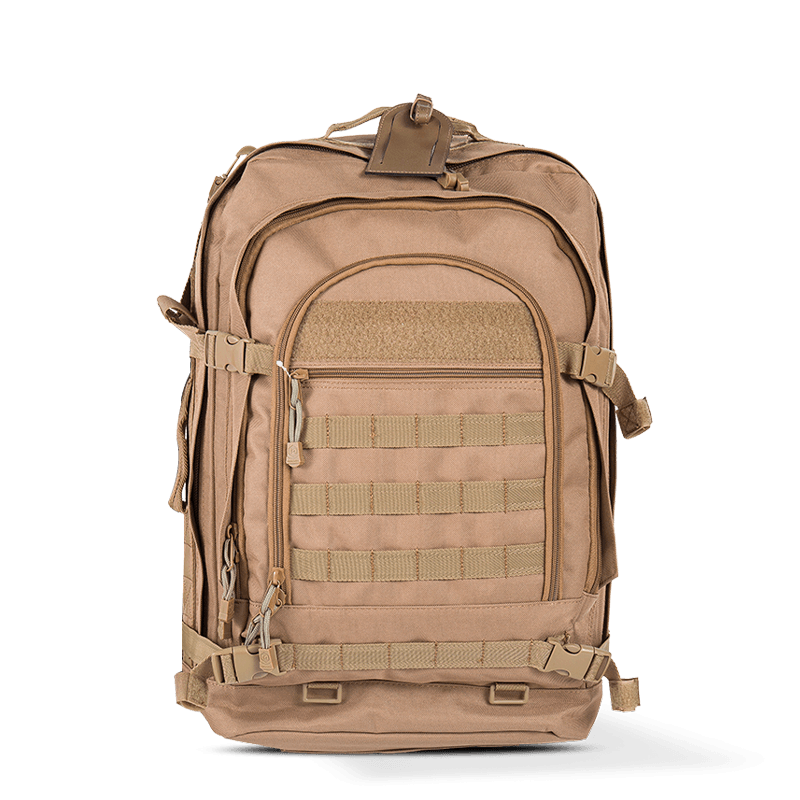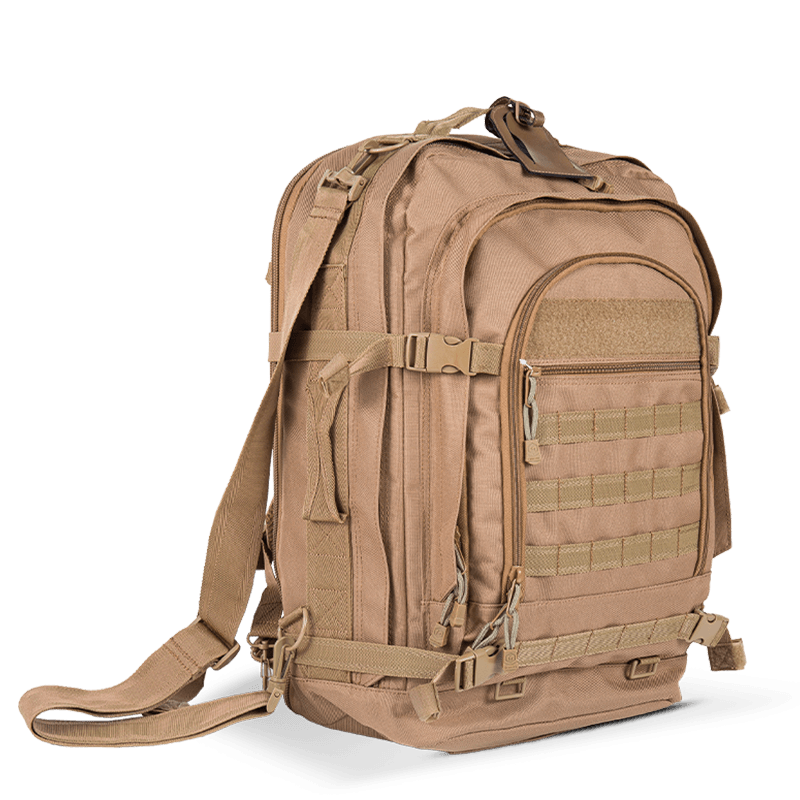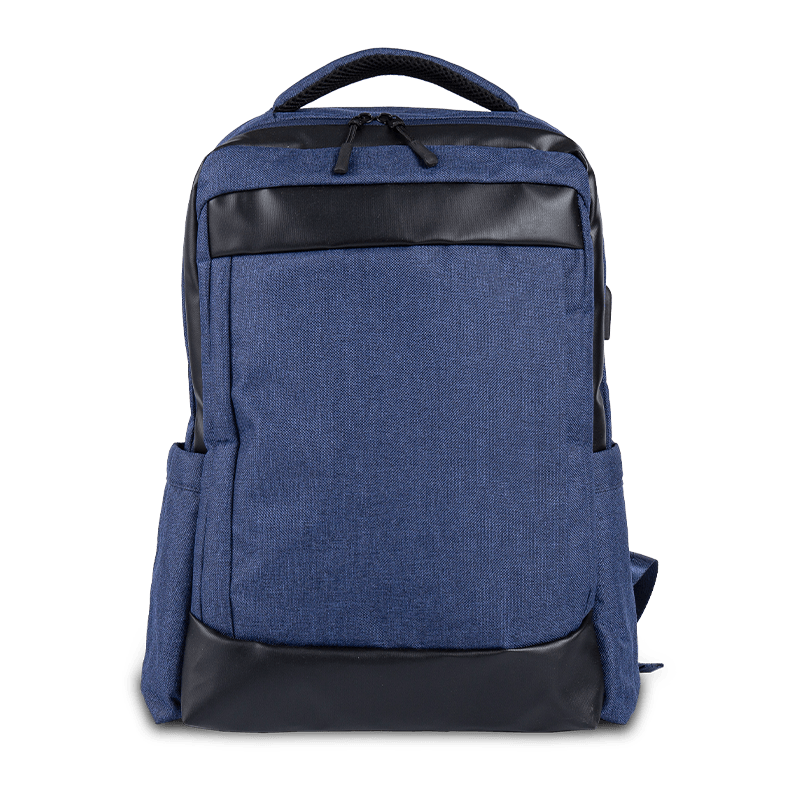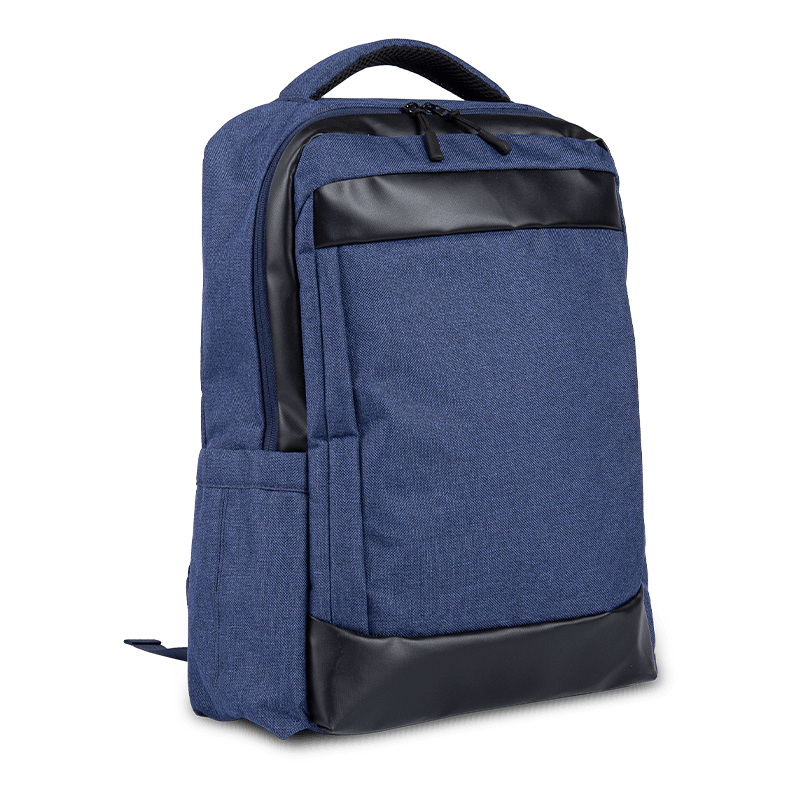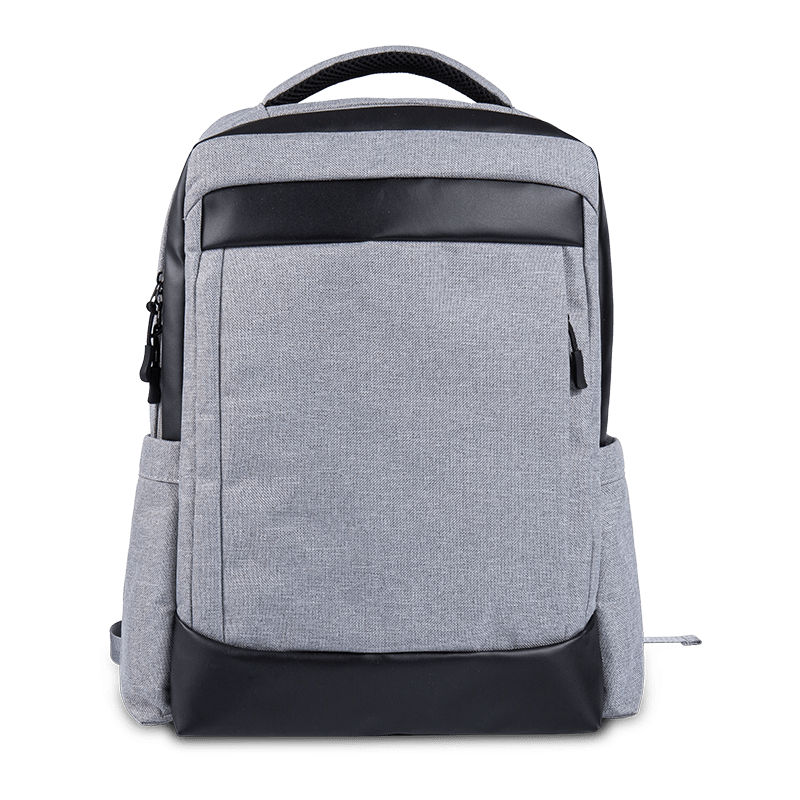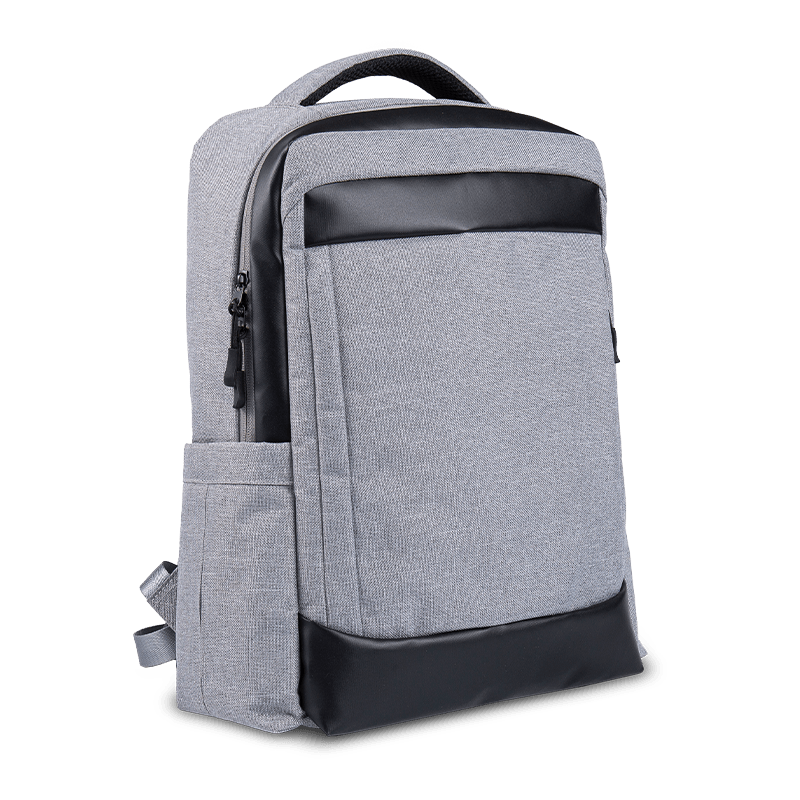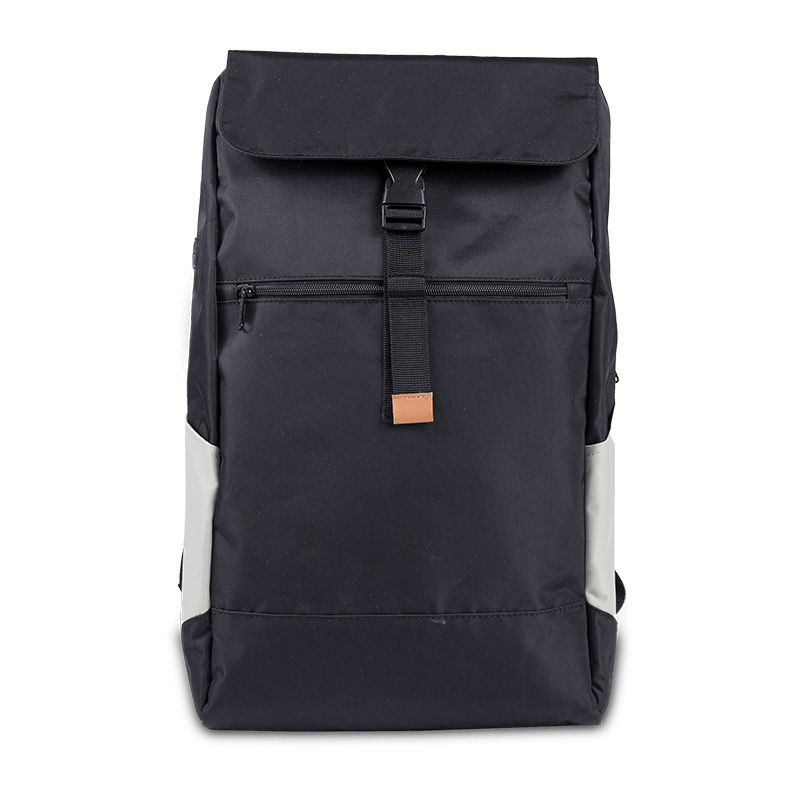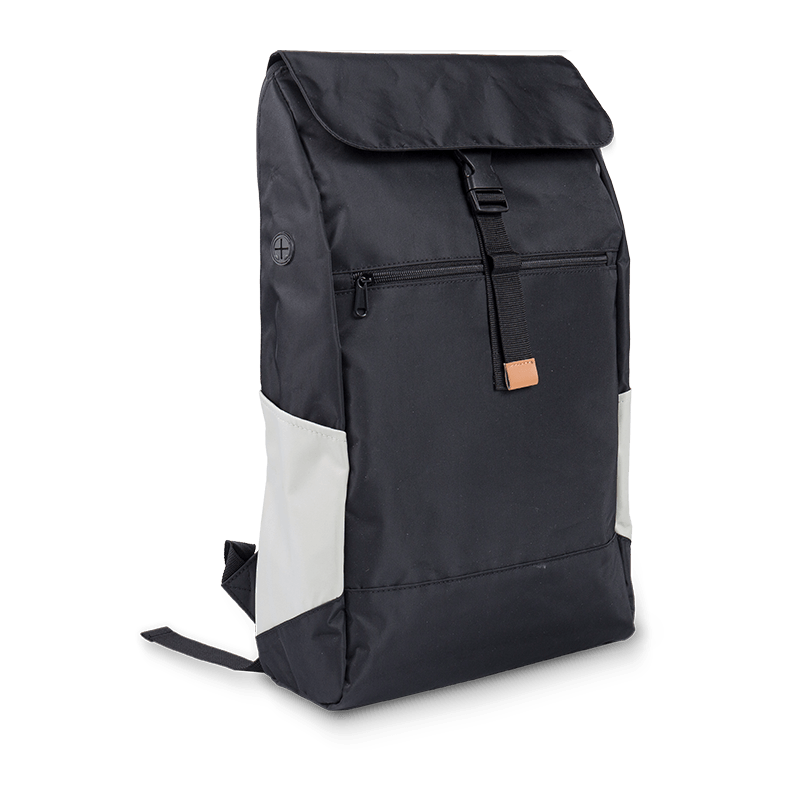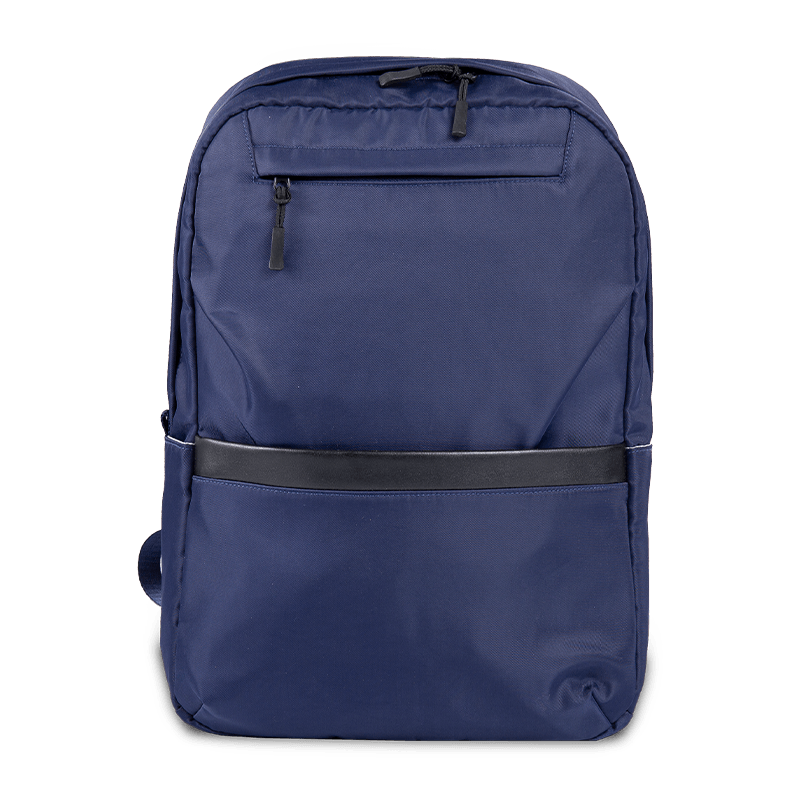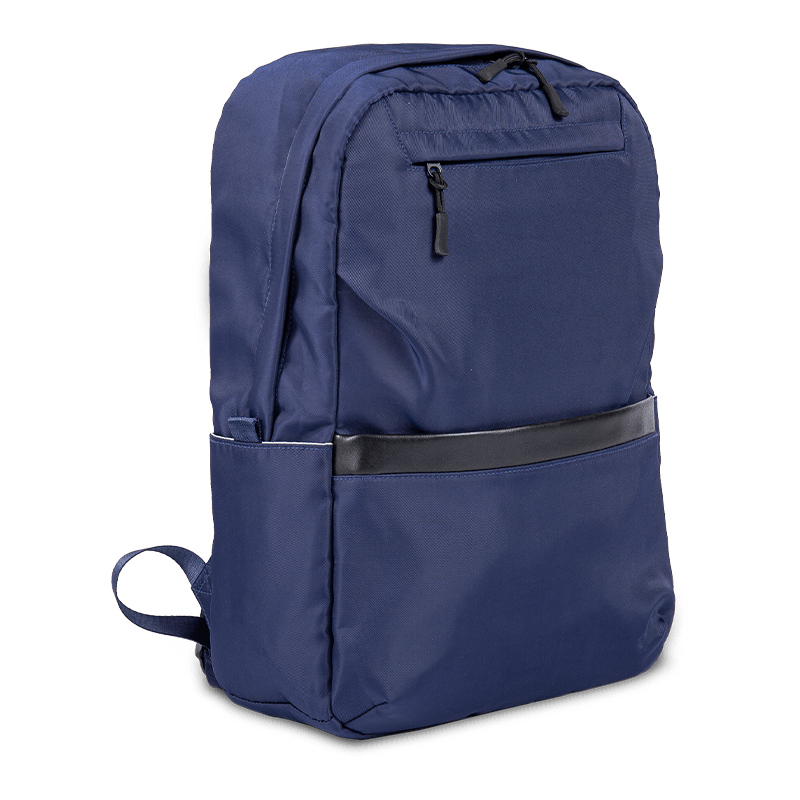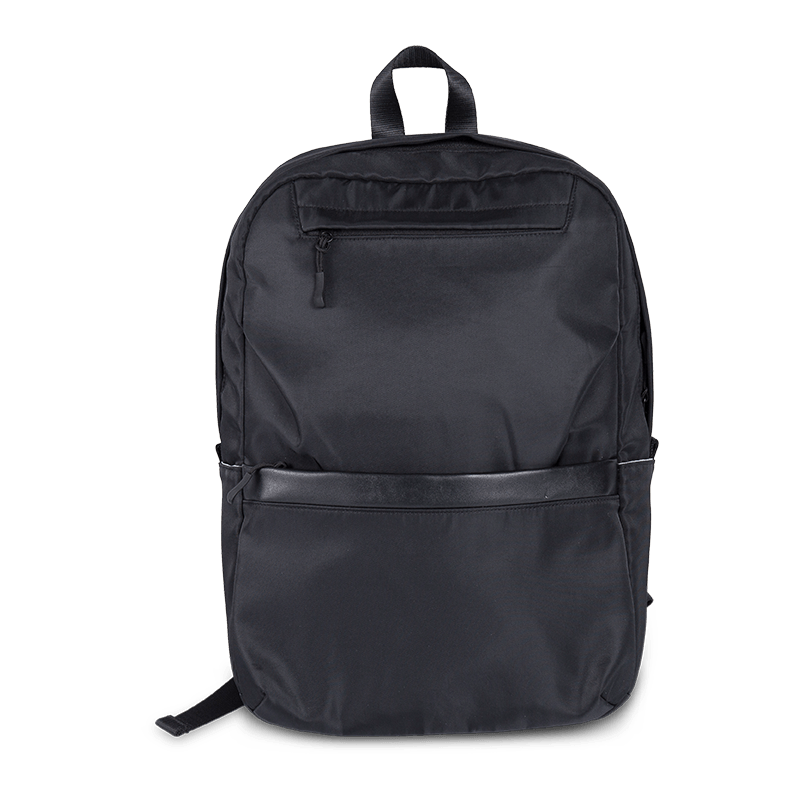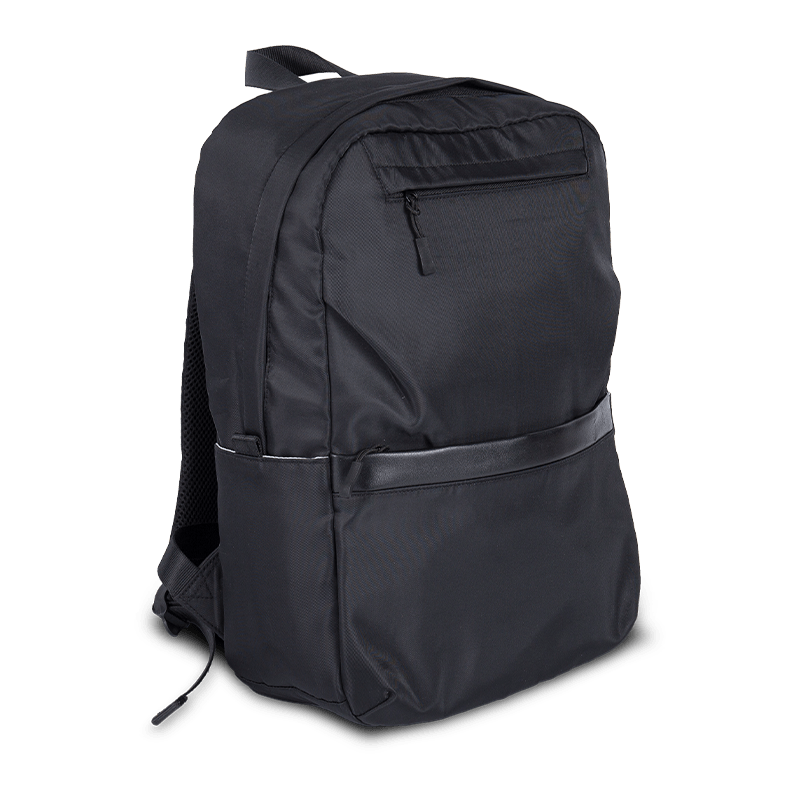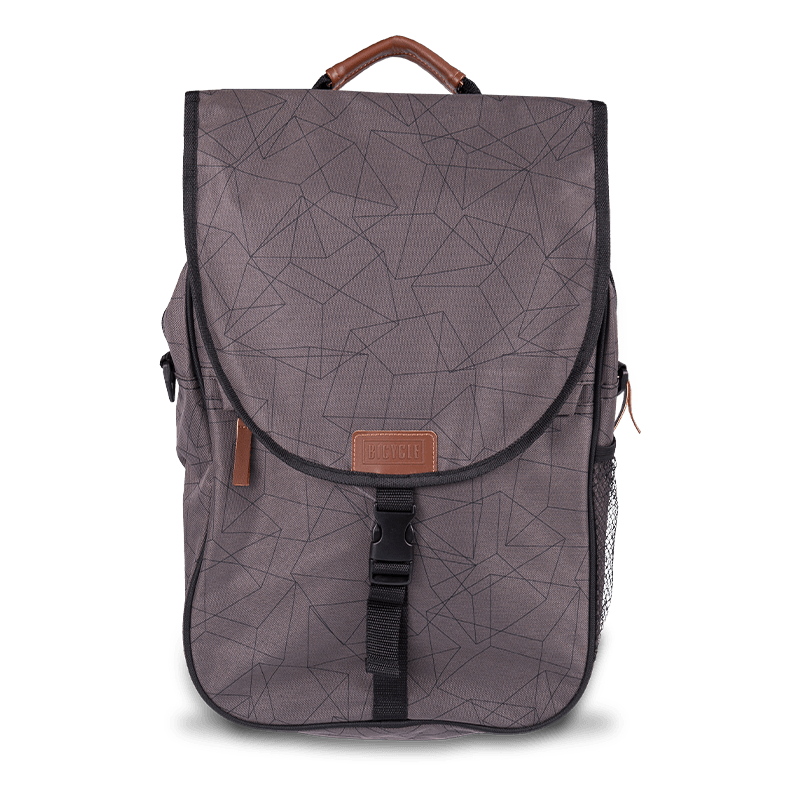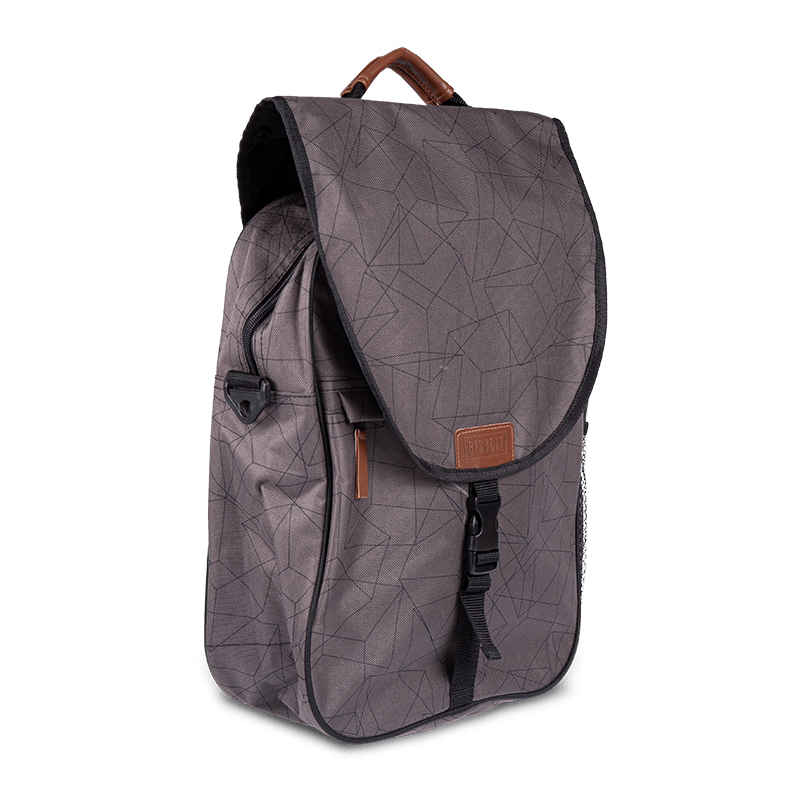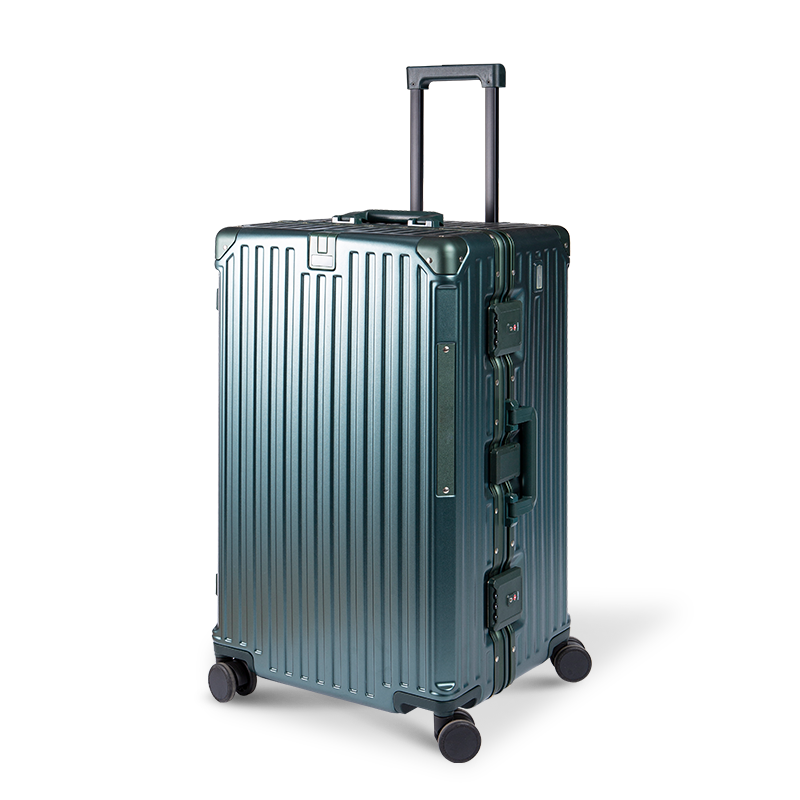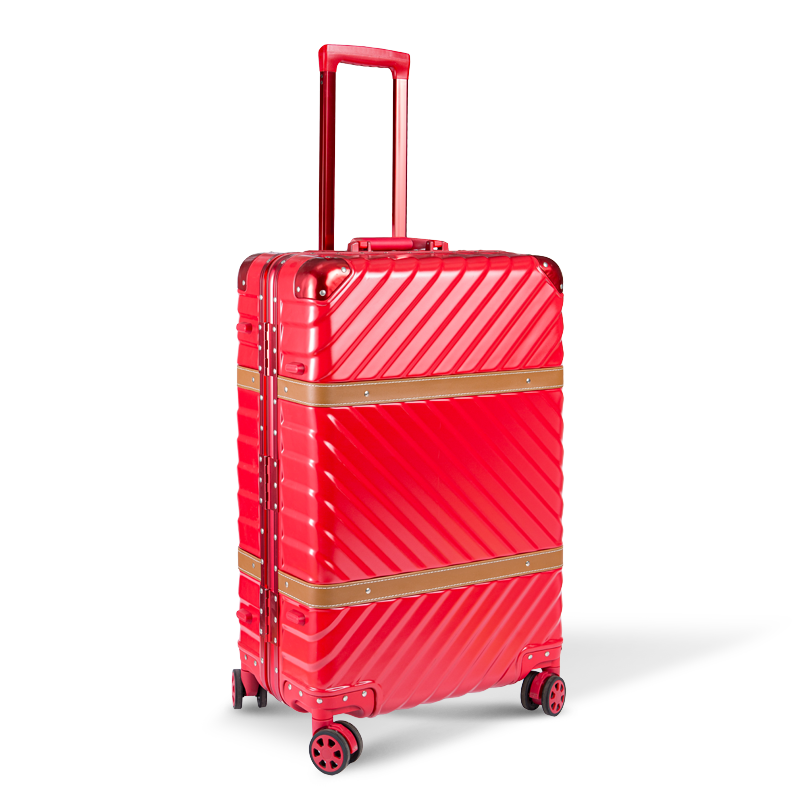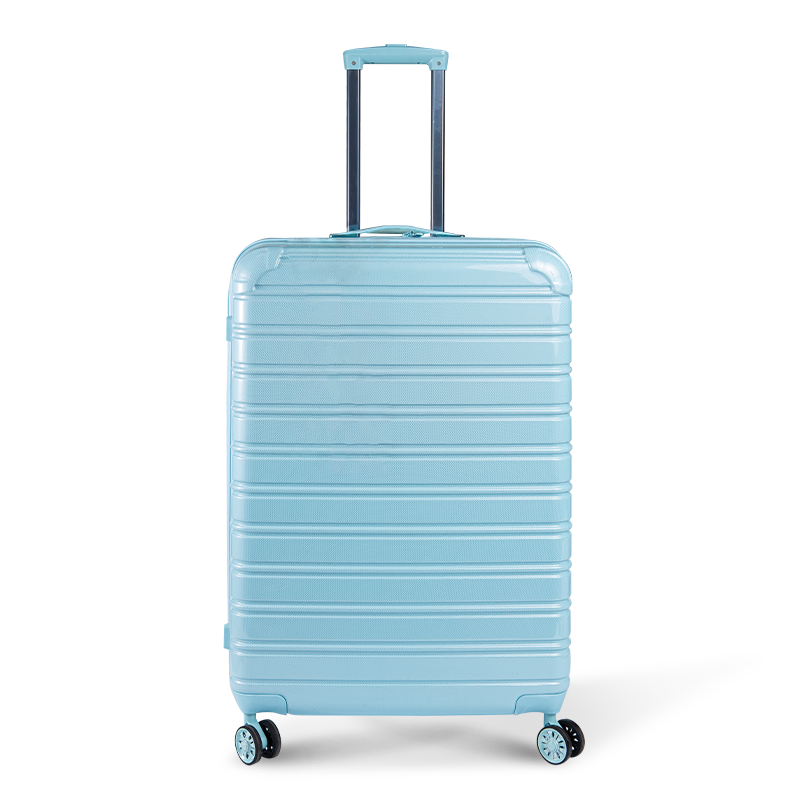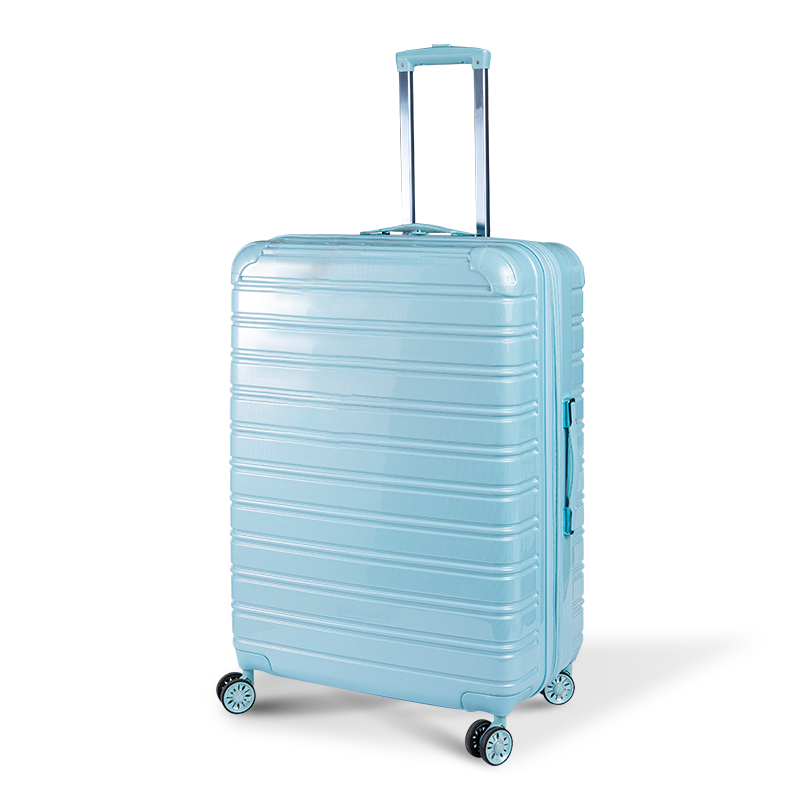When preparing for a camping getaway or an extended road trip, packing efficiently often becomes one of the biggest challenges. Every inch of space in your car or tent matters, and the way you organize your gear can make or break the experience. In recent years, Collapsible Suitcases have become increasingly popular among travelers seeking compact, space-saving luggage options. But are they truly practical for outdoor adventures like camping or road trips?
Understanding Collapsible Suitcases
Collapsible Suitcases are designed with flexible frames or foldable panels that allow them to be compressed into a smaller, flatter shape when not in use. Unlike traditional hard-shell suitcases, which retain their shape at all times, these suitcases can collapse to a fraction of their full size, saving valuable storage space at home or during travel.
Most Collapsible Suitcases feature a semi-rigid design. The base or sides are usually reinforced for structure, while the upper portions are made from flexible fabrics such as polyester, nylon, or thermoplastic materials. When empty, the sides can be folded inward, allowing the suitcase to lie almost flat.
This hybrid construction makes them lightweight and space-efficient—two characteristics that naturally appeal to anyone packing for a road trip or outdoor excursion.
Advantages of Using Collapsible Suitcases for Camping and Road Trips
1. Space Efficiency in Vehicles
One of the major benefits of Collapsible Suitcases is their ability to compress when not full. During a road trip, where trunk space is often shared between luggage, coolers, camping gear, and food supplies, saving space becomes crucial.
After setting up camp, you can empty your suitcase, fold it down, and slide it under a car seat or inside a tent corner. This ability to reduce clutter makes Collapsible Suitcases particularly well-suited to environments where every cubic inch matters.
2. Lightweight Construction
Traditional hard-shell suitcases can be bulky and heavy, especially when navigating uneven terrain around campsites or rest areas. Collapsible Suitcases, however, are typically lighter due to their fabric-based structure and minimal rigid components.
For road trips that involve multiple overnight stops or frequent unloading and reloading, this lighter weight helps reduce strain and makes packing more manageable.
3. Easy Storage Between Trips
Many campers and travelers find storage at home to be a recurring challenge. A hard-shell suitcase takes up as much room empty as it does full, but Collapsible Suitcases fold down for compact storage in closets, under beds, or inside car compartments.
For seasonal travelers or those living in apartments with limited space, this can be an invaluable advantage.
4. Flexibility for Mixed Travel Styles
Not every road trip involves constant outdoor camping. Some itineraries combine hotels, Airbnbs, or camper vans with nights under the stars. Collapsible Suitcases transition smoothly between these different modes of travel.
They offer the structure and organization of traditional luggage when you’re in a hotel, while also being adaptable and portable enough for use in camping environments.
5. Soft-Sided Adaptability
Because most Collapsible Suitcases are soft-sided, they can better fit into irregular spaces—between coolers, tents, or sleeping bags—without scratching surfaces or rattling during transport. This flexibility makes them ideal for the unpredictable packing configurations that road trips often require.
Practical Considerations and Limitations
While Collapsible Suitcases offer several benefits, they also come with trade-offs that are worth understanding before depending on them for rugged travel.
1. Durability Under Outdoor Conditions
Collapsible Suitcases are not usually built to withstand the same level of rough handling or exposure as traditional duffel bags or expedition-grade luggage.
If you plan to set your suitcase directly on damp ground, drag it across gravel, or expose it to rain, it may show wear faster than a bag designed specifically for outdoor use. The soft materials can absorb moisture, and zippers may be less resistant to dirt or sand.
Tip: To protect your Collapsible Suitcase during camping trips, consider packing it inside a weatherproof cover or tarp and keeping it elevated off the ground.
2. Limited Structural Rigidity
When fully packed, Collapsible Suitcases hold their shape fairly well, but once partially emptied, they can lose structure and sag. This can make them less convenient to access during multi-day trips where you repeatedly unpack and repack.
A duffel bag or backpack may be easier to handle in those scenarios, as they stand upright more consistently and can be accessed from multiple angles. However, if your campsite has a stable surface—like a car trunk or picnic table—this drawback is manageable.
3. Not Ideal for Heavy Gear
Camping often involves items like portable stoves, lanterns, or cookware, which can be heavy or sharp-edged. Collapsible Suitcases are better suited for clothing, soft goods, and lightweight personal items. Overloading them with dense or metallic objects may stress the seams or deform the collapsible frame.
If you plan to bring heavier gear, it’s better to divide your packing: use a Collapsible Suitcase for clothes and accessories, and a sturdier container or duffel for equipment.
4. Weather Resistance
Most Collapsible Suitcases are not completely waterproof. While they can resist light splashes or short exposure to moisture, they’re not built for extended outdoor exposure. Rain, dew, or wet soil can soak through fabric surfaces, potentially dampening your clothes or supplies.
Pro Tip: Line the interior with waterproof packing cubes or dry bags to add a layer of protection during unpredictable weather.
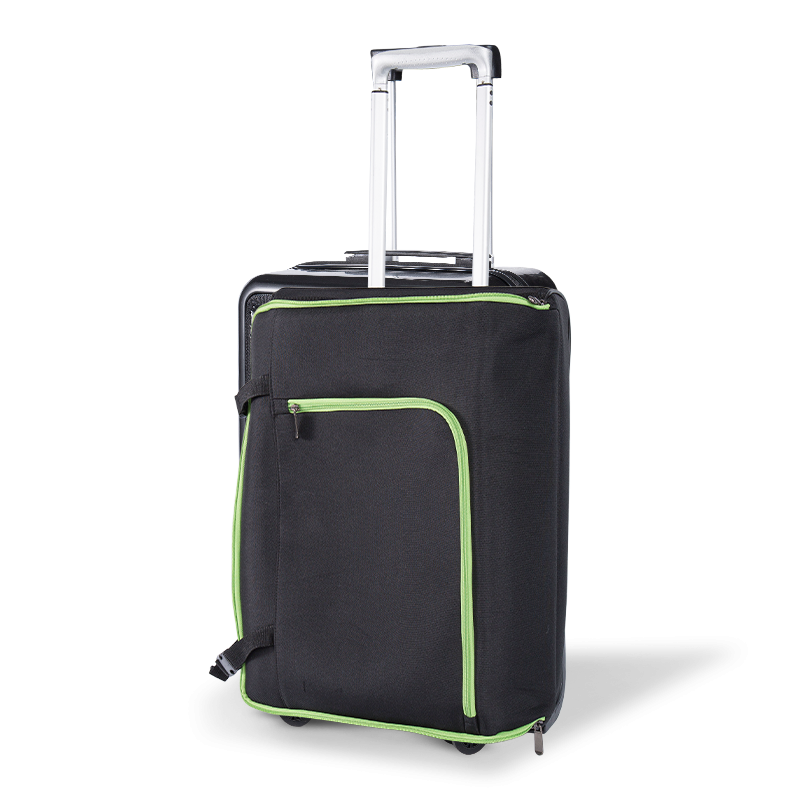
Comparing Collapsible Suitcases to Other Travel Bags
Versus Hard-Shell Suitcases
- Pros: Lighter, easier to store, more flexible for irregular spaces.
- Cons: Less protective for fragile items and less weather-resistant.
Versus Duffel Bags
- Pros: More structured and organized, better for folded clothes, and neater for car packing.
- Cons: Less rugged and not as suited to harsh outdoor conditions.
Versus Backpacks
- Pros: Larger capacity and better shape retention when packing.
- Cons: Less portable for hiking or carrying over long distances.
Each type of bag has its role. Collapsible Suitcases excel in situations where you need space efficiency and organized packing, but not necessarily the rough durability of camping-specific gear.
Best Practices for Using Collapsible Suitcases on the Road
1. Pack Smart
Use packing cubes or compression bags inside your Collapsible Suitcase to maintain structure and keep items separated. This helps prevent sagging and makes it easier to locate essentials during your trip.
2. Protect Against the Elements
When camping, always store your suitcase inside your vehicle or tent. If you must leave it outside temporarily, place it on a tarp or inside a large plastic bin to avoid contact with dirt and moisture.
3. Use It for the Right Items
Assign your Collapsible Suitcase to handle items such as clothes, sleeping wear, toiletries, and electronics—items that benefit from organization but don’t need rugged protection. Reserve outdoor gear and tools for tougher containers.
4. Fold It Away When Not in Use
One of the biggest perks of Collapsible Suitcases is their ability to disappear when not needed. Once unpacked at your campsite or hotel, fold the suitcase and tuck it into a safe corner. This not only clears up space but also keeps it clean and protected.
5. Check for Reinforced Designs
If you’re buying specifically for road trips, look for Collapsible Suitcases with reinforced corners, heavy-duty zippers, and waterproof coatings. Some premium models even include removable frames or protective bottom panels that make them more resilient.
Real-World Scenarios
Imagine two scenarios:
-
Scenario A: You’re driving to a lakeside campsite for the weekend. Your car trunk is filled with tents, a cooler, and fishing gear. Using a Collapsible Suitcase allows you to pack your clothes neatly, unpack at camp, and fold the suitcase flat for easy storage under the tent cot.
-
Scenario B: You’re on a two-week road trip through several cities and national parks. A Collapsible Suitcase helps you transition from hotel stays to campsite setups effortlessly—structured for organized hotel packing, yet flexible enough to store compactly when camping.
In both cases, the suitcase offers a balance of convenience and adaptability that enhances the overall travel experience.
Sustainability and Modern Design
Another subtle advantage of Collapsible Suitcases lies in their alignment with sustainability trends. Many models use recyclable materials or fabrics made from post-consumer plastics. By reducing the volume of unused luggage storage, they also help optimize space in smaller living areas, encouraging minimalist travel habits.
For eco-conscious campers or digital nomads, this blend of portability and efficiency aligns with a lifestyle that values both functionality and environmental awareness.
Final Verdict: Are Collapsible Suitcases Suitable for Camping and Road Trips?
The answer largely depends on your travel style and expectations. Collapsible Suitcases are an excellent option for organized travelers who value compact storage, lightweight mobility, and convenience during multi-location trips. They shine in car-based travel where luggage can stay protected from harsh outdoor elements.
However, if your camping involves rugged conditions, heavy-duty gear, or exposure to weather, it’s best to pair your Collapsible Suitcase with more durable storage solutions. Treat it as part of a packing system—an efficient container for clothes and essentials rather than a substitute for a weatherproof gear bag.
In short, Collapsible Suitcases can absolutely be used for camping and road trips, provided they are used thoughtfully and within their strengths. They offer the right blend of practicality, space efficiency, and modern design for travelers who appreciate organized simplicity—on the open road or under the stars.

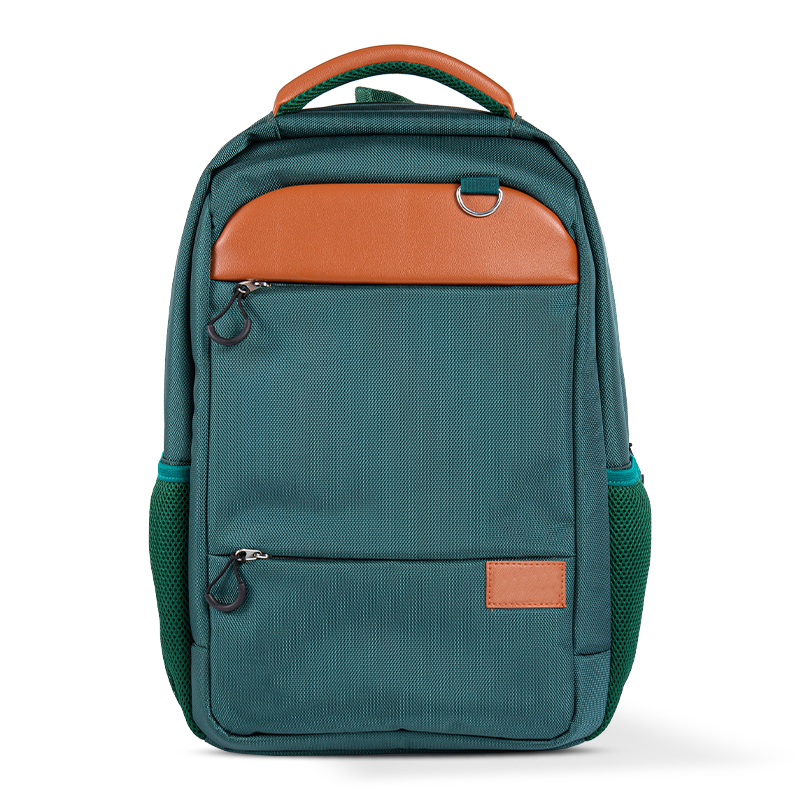
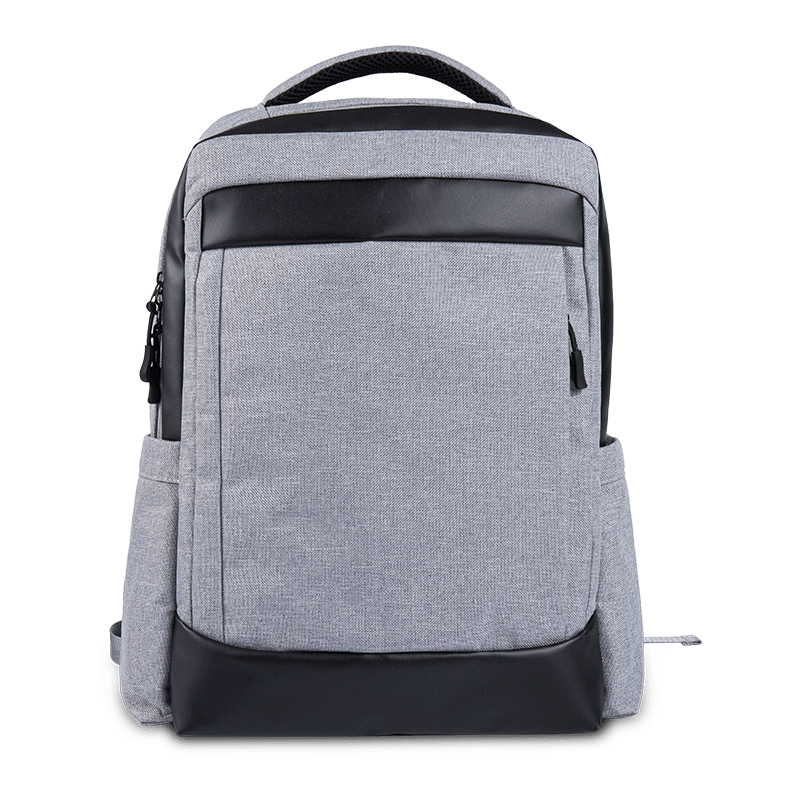
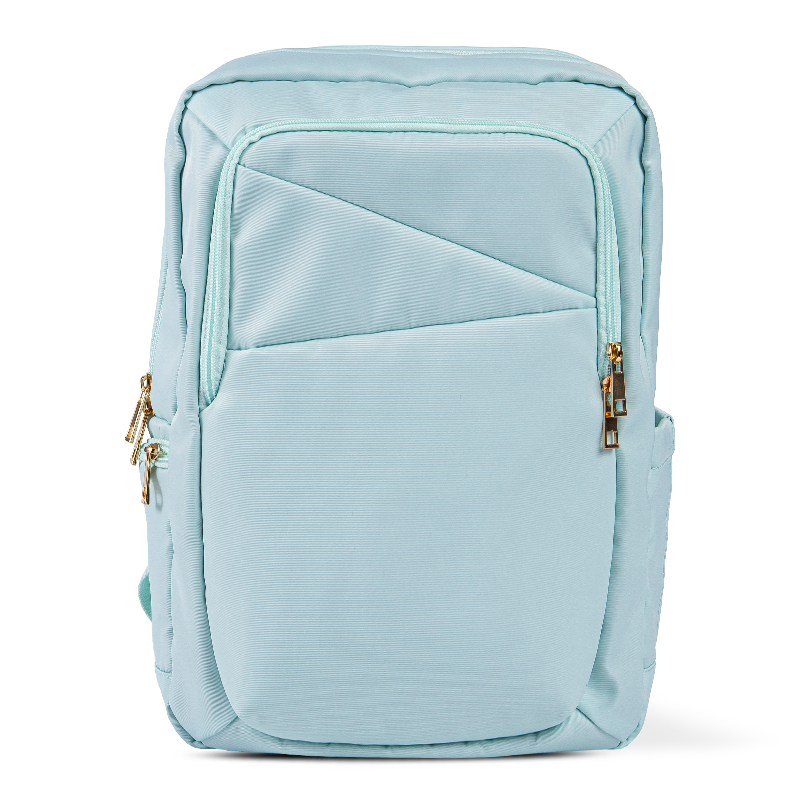
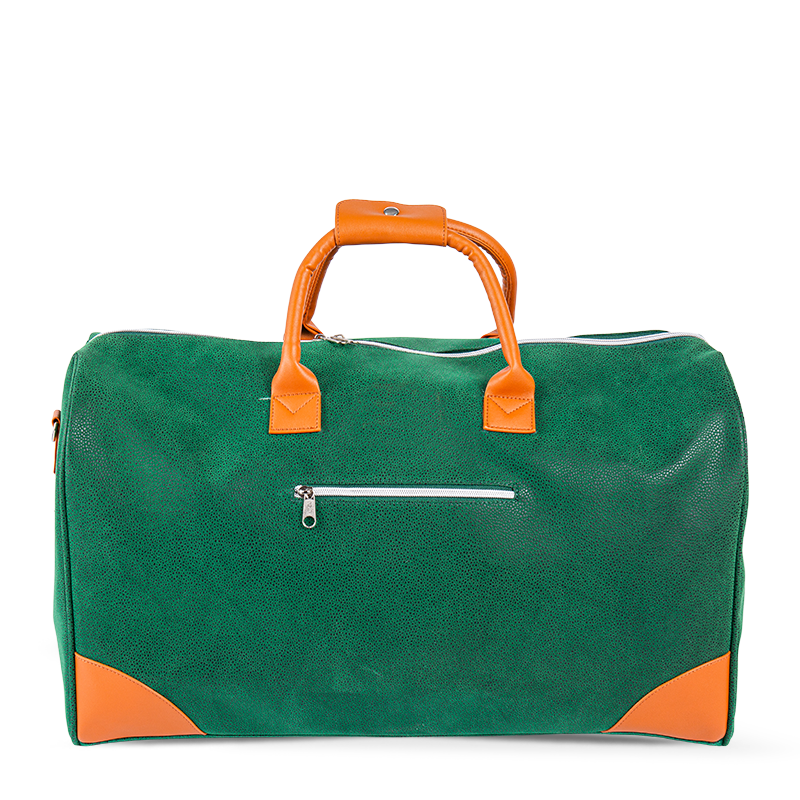
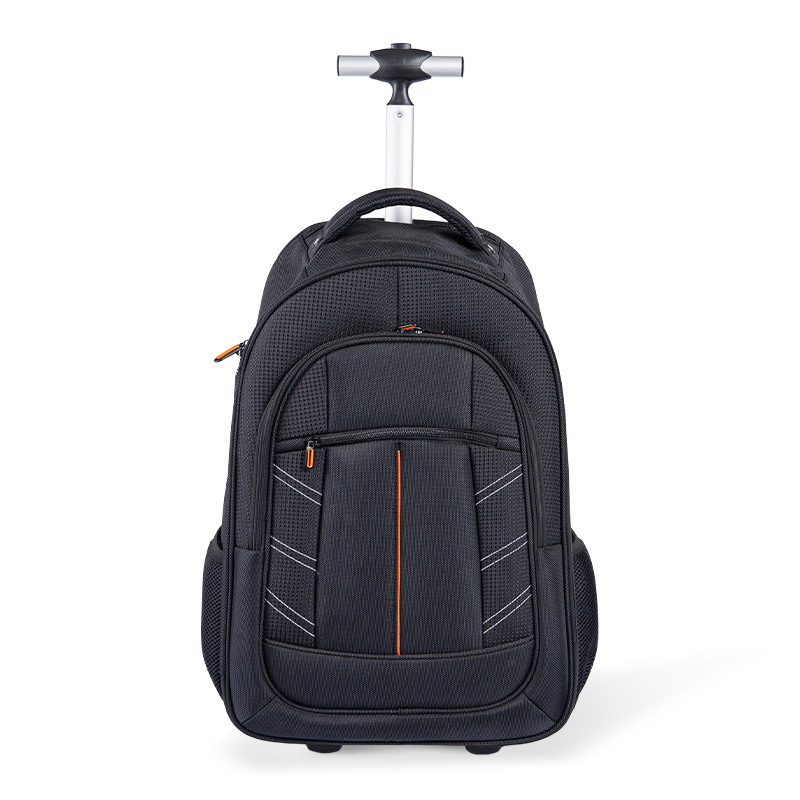
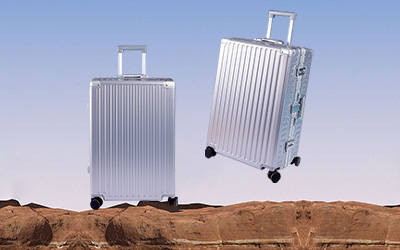
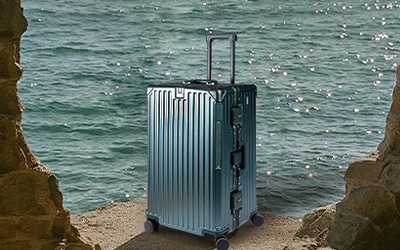
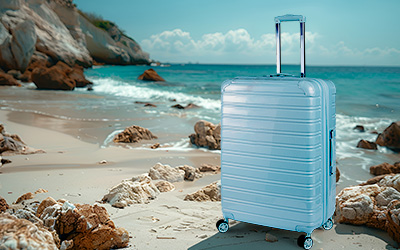
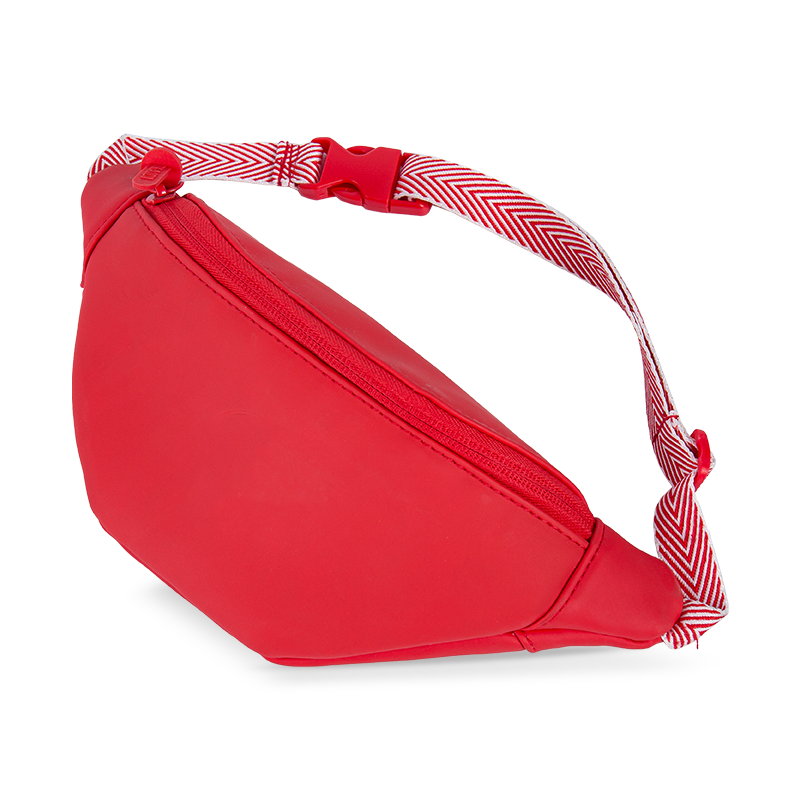
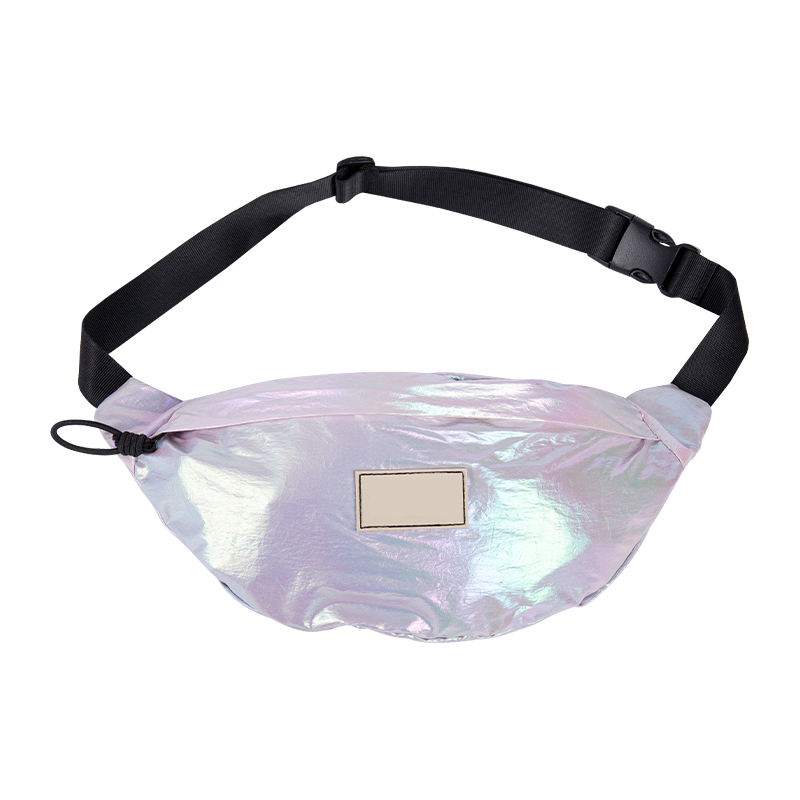
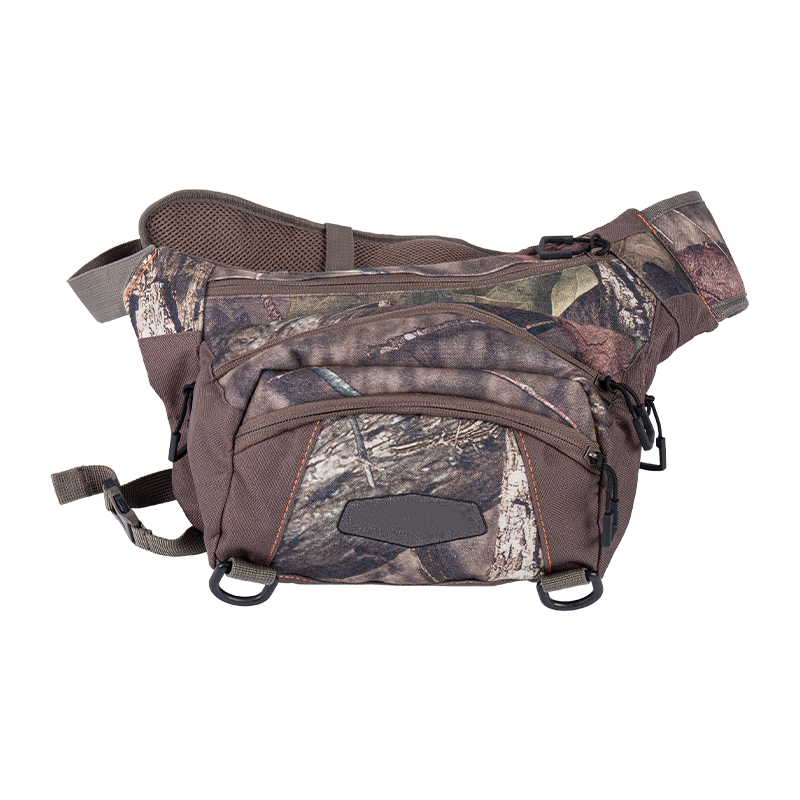



 English
English Español
Español عربى
عربى